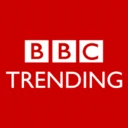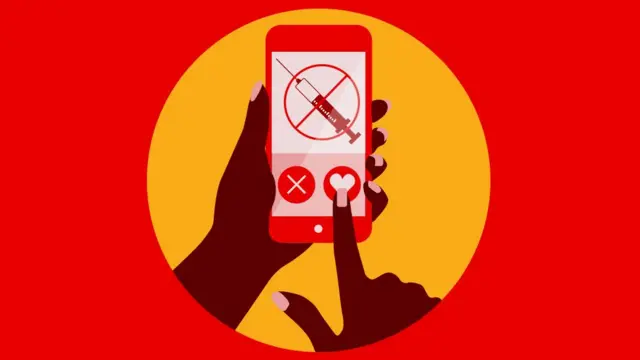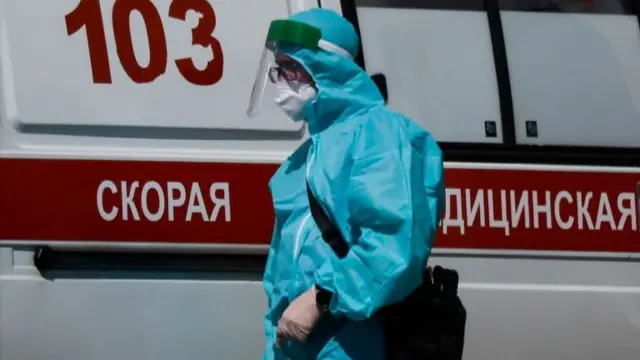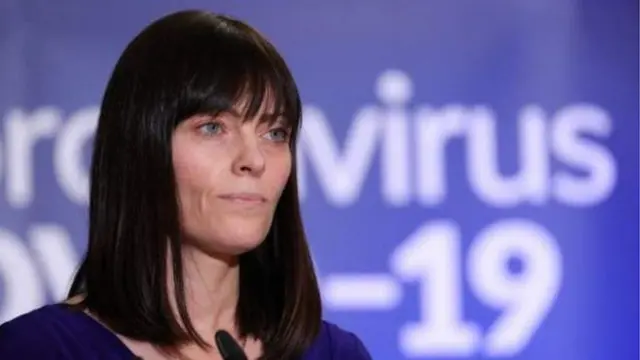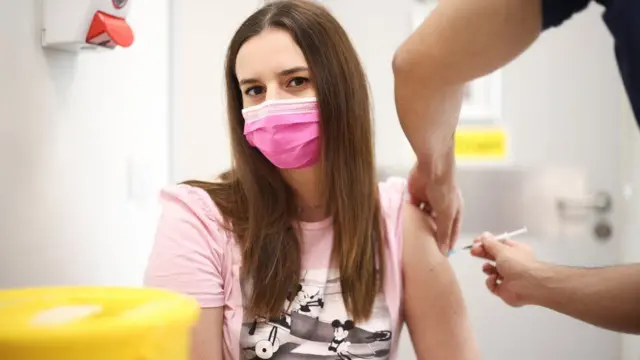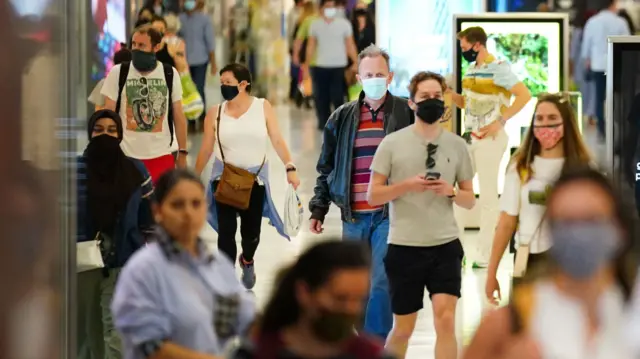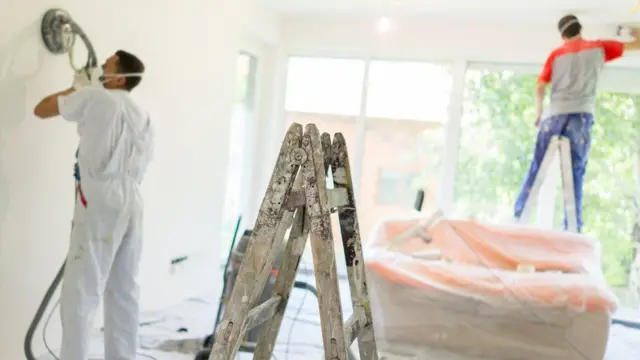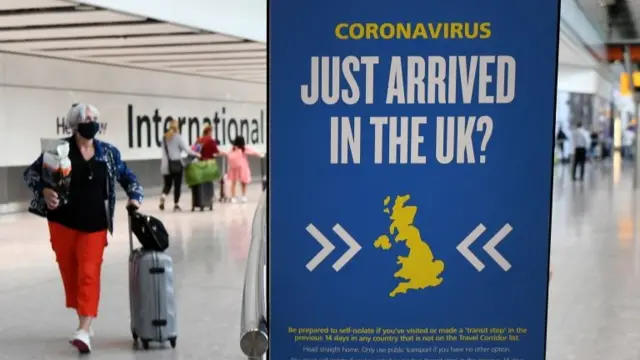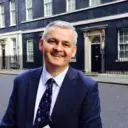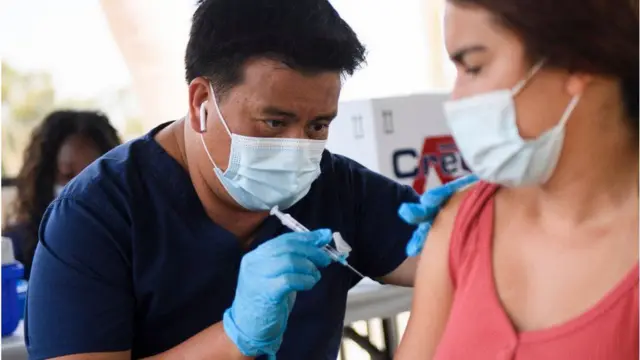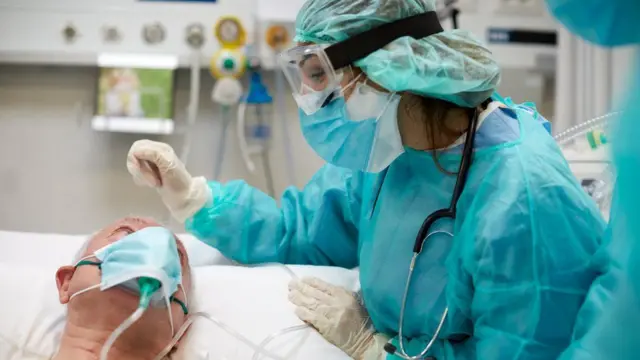
Some evidence of falling cases but future still uncertainpublished at 13:00 BST 13 August 2021
 James Gallagher
James Gallagher
Health and science correspondent, BBC News
What is clear from the Covid statistics is we have not reached catastrophic levels of the virus after relaxing restrictions, such as in England on 19 July.
But there is fuzziness around the data that makes it challenging to give precise predictions of the coming months.
Covid data can be like staring at the sea. You can watch the movement of the waves, but it takes time to know whether the tide is coming in or out.
So the ONS – which tests a random group of people whether they have symptoms or not – has found some evidence of falling cases, but says it’s not clear if we’re past the peak.
The government’s official number of confirmed Covid cases suggests that – after a dramatic fall – the numbers are creeping up again.
And there is still uncertainty about what will happen in the autumn when schools go back and the weather makes it easier for the virus to spread.
But whatever happens, we are in a better place now that three-quarters of adults are fully vaccinated than we have ever been in this pandemic.
